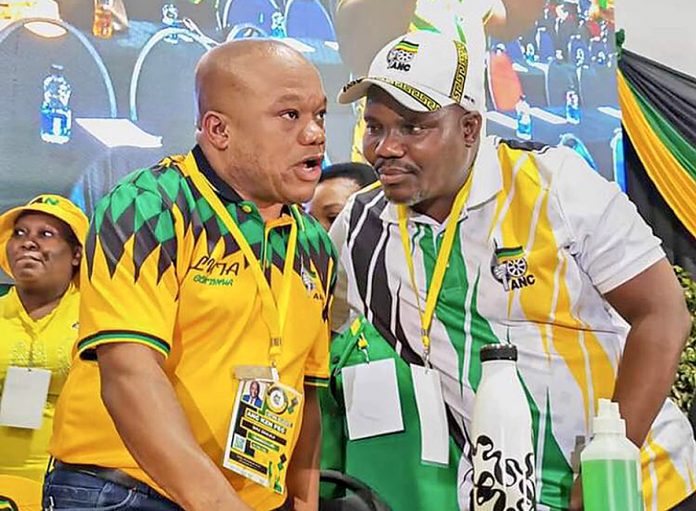In the aftermath of a tense atmosphere, horse trading and backroom deals that characterised the ninth ANC KwaZulu- Natal elective conference, the new rallying call emerging is for contending groups to bury the hatchet leading up to the party’s policy conference scheduled for next week.
Buoyed by being the biggest voting block of the governing party, wielding massive influence over who occupies the top echelons of the organisation, KZN wants to provide direction on policy positions that the party should advance.
“We are the biggest province of the ANC in terms of its membership and electoral support. This leaves us with a particular burden. Much work has been done in introducing political classes because we want comrades to start having critical discussions about the policies we are advancing as the governing party,” explained outgoing provincial secretary Mdumiseni Ntuli.
He added that it was time to rekindle intellectual capacity among ANC members and encourage them to critically analyse the ruling party’s documents.
When the policy conference sits, KZN is expected to push for the full implementation of Nasrec 2017 key prepositions, including radical socioeconomic transformation and the agrarian revolution as a measure to drive job creation. The province also wants greater improvement in state capacity, such as calling for the beneficiation of raw materials and active investment in state enterprises.
The policy conference offers the opportunity for the party to renew its policies. It is held at least six months before the national elective conference. The gathering also conducts a strategic review of the ANC policies for consideration by the national conference.
The governing party released discussion documents earlier in May for input by various structures, including alliance partners and civic organisations.
University of the Western Cape academic and political analyst professor Bheki Mngomezulu said the policy conference will test the unity of the ANC in the province.
“There are various policies that were adopted at Nasrec, but they have not been implemented. This includes the expropriation of land without compensation.
“They do have the numbers to influence change, but this will largely depend on whether they emerge united after the provincial conference.”
He also said the privatisation agenda under President Cyril Ramaphosa had ruffled feathers among party structures.
“Instead of resolving problems confronted by state-owned institutions, the government has taken an approach of privatising them, hoping they will function better under private hands. But to a certain extent, government is forced by circumstances because the world generally has shifted towards neoliberalism. In essence, there’s no escaping the realities of capitalism,” said Mngomezulu.
Another burning issue is the contentious step-aside resolution, which has been amended. The policy was a key rallying point during the elective conference with delegates calling for it to be scrapped.
According to national executive committee deployee Nomafu Cawe, the amendment to the step-aside resolution was problematic. “There is a view that only national conferences can adopt and review policies. So, it makes sense that comrades are questioning the step-aside resolution in its current form.”
Besides the policy conference, KZN is expected to pronounce on which candidate it will back for the party’s presidency leading up to the December conference. Former health minister Zweli Mkhize looks likely to be given the nod to square off with Ramaphosa, with other regions also submitting his name.
To read more political news and views, click here.
Follow @SundayWorldZA on Twitter and @sundayworldza on Instagram, or like our Facebook Page, Sunday World, by clicking here for the latest breaking news in South Africa. To Subscribe to Sunday World, click here.



